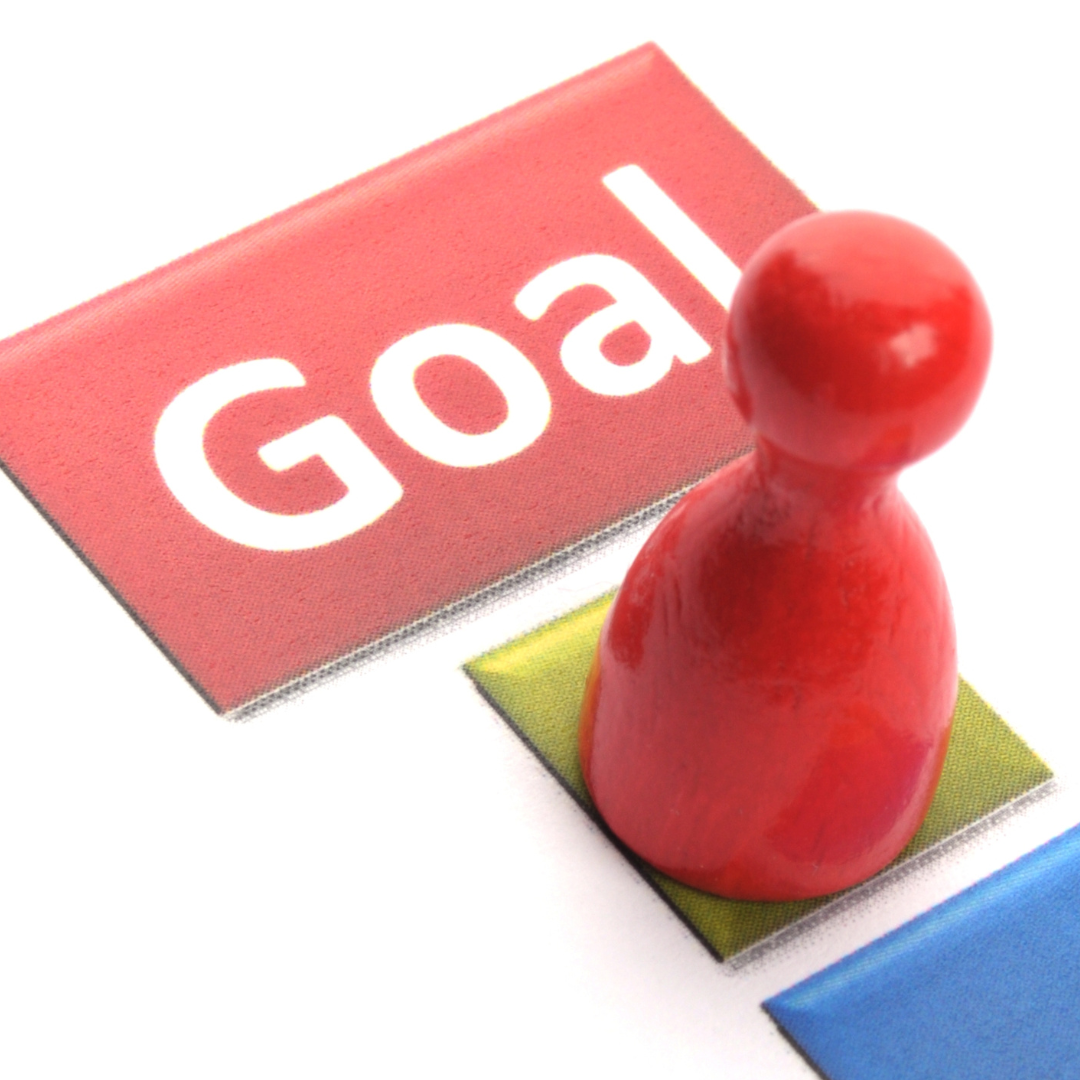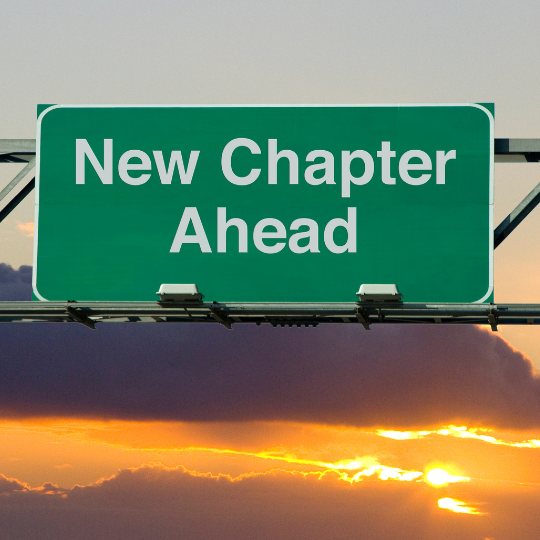The Optimism Bias: Shaping Reality, Creating The Future
 One of the more interesting elements of human thinking is our tendency towards optimism. The vast majority of emotionally healthy individuals exhibit a strong bias of believing that things are going to turn out for the best. Regardless of whether that be getting a promotion, not getting cancer or our ability to pass our driving exam, we nearly always expect a successful outcome.
One of the more interesting elements of human thinking is our tendency towards optimism. The vast majority of emotionally healthy individuals exhibit a strong bias of believing that things are going to turn out for the best. Regardless of whether that be getting a promotion, not getting cancer or our ability to pass our driving exam, we nearly always expect a successful outcome.
This bias towards optimism is wired into our brains. Using functional MRI, researcher Tali Sharot was able to quantify the brain activity associated with assimilation of good news and bad news. The results were interesting, but I’ll leave it to her in the accompanying video to talk about it. What I’m more interested in today is discussing the implications of an optimism bias regarding creating our realities, both positive and negative.
The first order is to sum it up with: Science has definitively proven that regardless of how you describe it (The Secret, Law of Attraction, Manifesting), the fact is that if you expect to achieve positive results, you will have a far greater chance of that happening than if you expect to achieve negative results. Moreover, if you expect to achieve big things, you’ll be happier. The idea of having low expectations and being happy when you’re proved wrong is a nice theory, according to Sharot, but it also happens to be wrong.
Understanding the bias is interesting because it puts a lot of our cultural behaviours into sharp focus. According to Sharot, “We’re optimistic about ourselves, we’re optimistic about our kids, we’re optimistic about our families, but we’re not so optimistic about the guy sitting next to us.” On a broader perspective, we tend towards realism and are able to see the bigger picture. When faced with looking inward, we tend towards optimism.
The benefit of this optimism with regard to health is obvious. People who expect to be healthy tend to experience good health (or at least better health) than people who expect to experience illness. The power of positive thinking is quantifiable and real. So, just as an Olympic athlete may imagine a successful outcome of their competition over and over prior to executing a brilliant performance, the more we can envision or imagine our own successful outcomes, the more likely we are to experience them.
The downside of our optimism bias, however, is very real. Being optimistic about ourselves, but not so much about the other guy, means that cancer from smoking is something that happens to others. It means that we’re less likely to truly recognize that 64-oz. colas are just as likely to cause us to develop diabetes as the next guy. In our tendency to seeing the bright side of things, we may be led to engage in risky behaviour in the unfounded assumption that we’ll be spared the consequences.
I think this optimism bias may be part of the problem with regard to our cultural unwillingness to deal with environmental issues in a timely manner. If we get stuck assuming that somebody will fix it in time, it frees us from the moral impetus to do anything about it ourselves. It enables us to label something “SEP” (Somebody Else’s Problem, to borrow the term from the wonderful Douglas Adams). At some point, an unrectified negative situation will become our problem, and it’s imperative that we be able to recognize this before we reach a tipping point of no return. The recognition of the tipping point and our distance from it is a skill that we each need to develop and nurture. The optimism bias is a vital part of being a successful human being, but too much of it can be a bad thing. The knowledge of this bias and how it operates can work very much to our advantage. Enjoy!




Leave a Reply